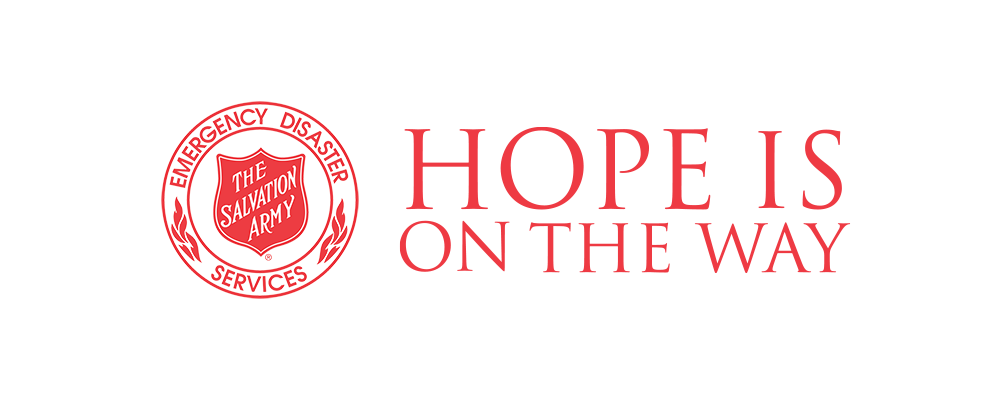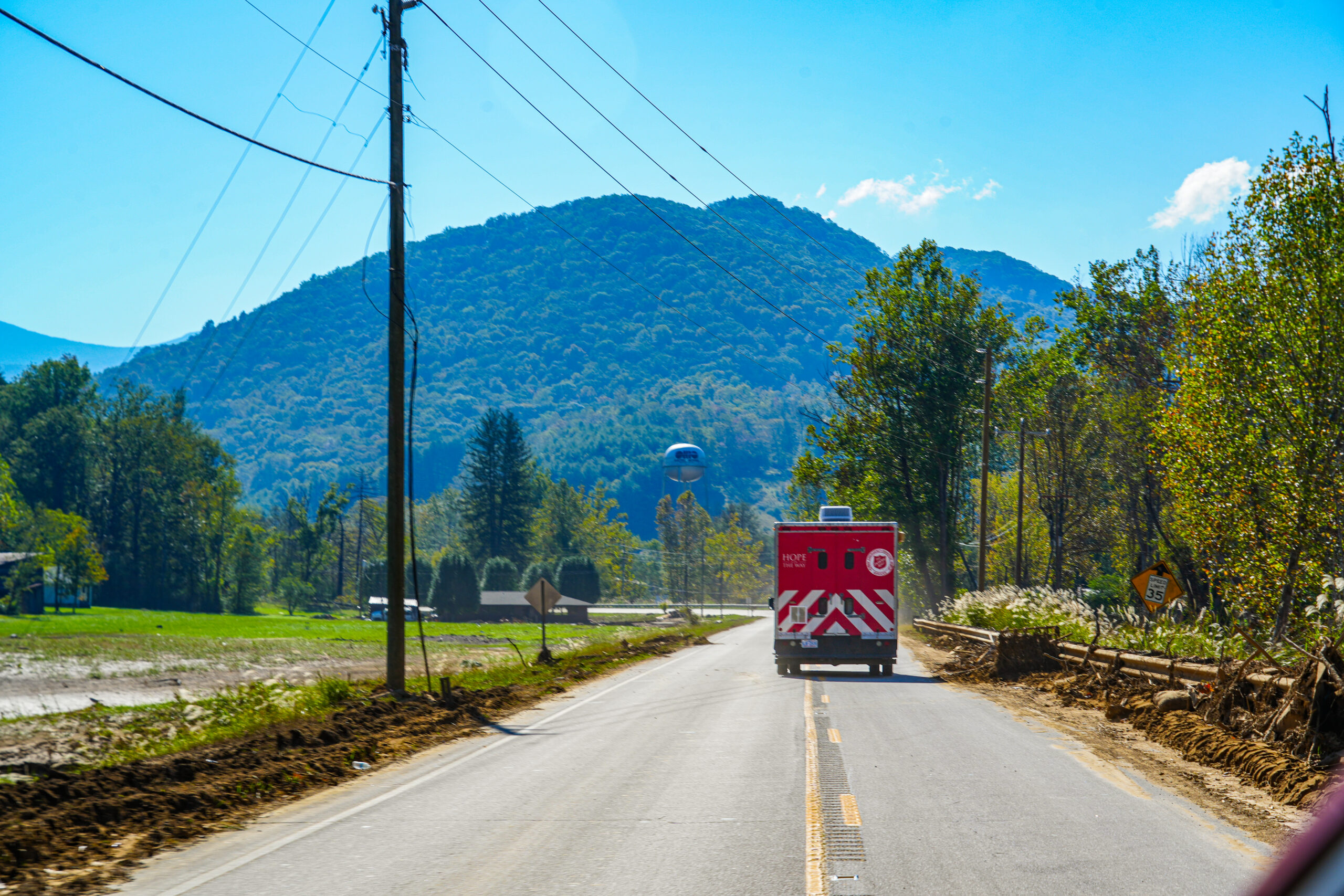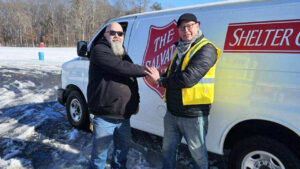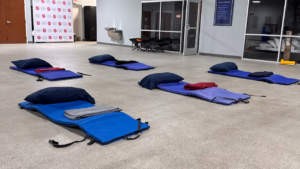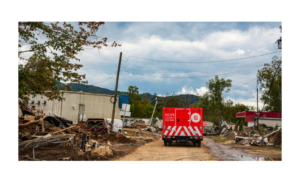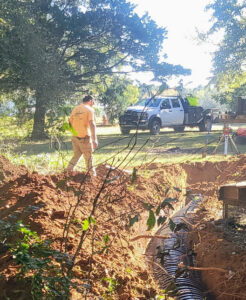When Hurricane Helene swept through the Carolinas in late September 2024, it left a trail of unprecedented devastation. From the mountains of North Carolina to the communities in South Carolina, historic rainfall, extreme winds, and catastrophic flash flooding destroyed hundreds of miles of roads, flattened homes, left thousands without power for weeks, and compromised entire water systems. Collapsed infrastructure isolated countless residents from crucial aid during their most desperate hour.
Yet amid the destruction, hope endured. Neighbors helped neighbors, relief organizations mobilized quickly, and communities began the long journey to recovery. Throughout the affected regions, The Salvation Army stood ready to serve as it had been for decades.
Rooted in Communities, Ready to Serve
This longstanding presence proved invaluable. The Salvation Army was able to quickly pivot existing resources and networks to meet the extraordinary need, transforming its community centers and local partnerships into lifelines for their communities.
Within hours of the storm’s passage, The Salvation Army of Aiken, South Carolina, rallied its employees and volunteers, transforming their small shelter kitchen into a beacon of hope. Working around the clock, they turned two simple stoves into a meal production center that would soon feed thousands of people. Meanwhile, in North Carolina, city officials turned to The Salvation Army in Boone to turn their service unit into an emergency shelter after unexpected flash flooding struck the mountain town.
Within a day, The Salvation Army of Hendersonville, North Carolina, transformed its Fellowship Hall into a place of refuge and community. Hot meals were served twice daily to anyone who needed them, and a simple wall became a “Praise Wall” where storm survivors penned messages of gratitude, hope, and determination.
As soon as roads became passable, Salvation Army mobile feeding units pushed into devastated communities throughout the Central Savannah River Area, the mountains of western North Carolina and the High Country, delivering hot meals, cold drinks, and hope to storm survivors.
A Massive Mobilization of Resources
The response quickly evolved into a coordinated effort spanning North and South Carolina. Equipment and disaster response teams from across the nation and Canada came to the Carolinas, extending vital support throughout the impacted areas.
During the initial response from Helene, The Salvation Army provided more than 131,500 meals to storm survivors and first responders, while more than 11,000 people received emotional and spiritual care during their darkest hours.
Beyond Immediate Relief
The Salvation Army’s commitment extended far beyond the initial emergency response. By November 2024, The Salvation Army launched a comprehensive short-term recovery program designed for Helene survivors. Local case workers provided individualized assistance, tailoring support to each family’s unique circumstances—offering gift cards for necessities, financial assistance for food, rent, and utilities, or vouchers to replace clothing and household essentials lost or destroyed by the storm. This tailored approach recognized that everyone’s recovery journey is unique.
The Long Road Ahead
One year after the storm, The Salvation Army’s service has evolved into sustained long-term recovery efforts. Two long-term recovery program coordinators represent The Salvation Army in ongoing recovery meetings across impacted North and South Carolina counties, working with disaster case managers from partner agencies and organizations to help fund the unmet needs of families and individuals still rebuilding their lives.
An Enduring Promise
A disaster of Helene’s magnitude is measured not in weeks or months, but often in years. As North and South Carolina communities continue their journey of healing and rebuilding, The Salvation Army maintains its commitment to provide hope, resources, and support for as long as recovery takes.
The anniversary of Helene serves as more than a marker of time passed. It is a testament to the enduring power of community, compassion, and hope. In South Carolina and throughout the mountains of North Carolina, that hope continues to flourish despite all that was lost in Helene, for nothing could take away the resilient human spirit or the dedicated organizations committed to nurturing these communities back to strength.

